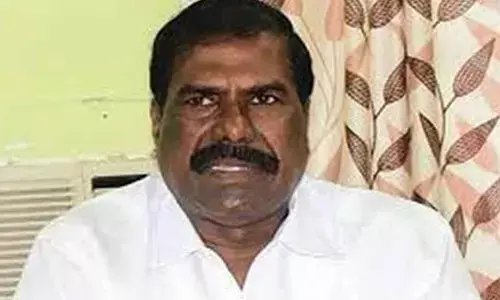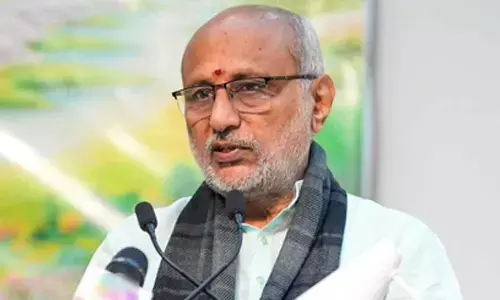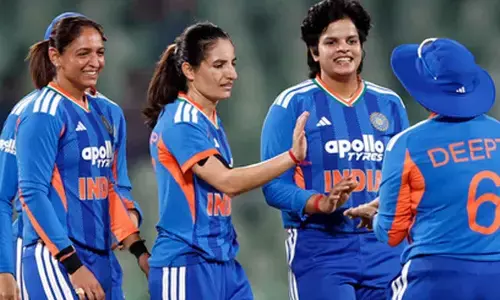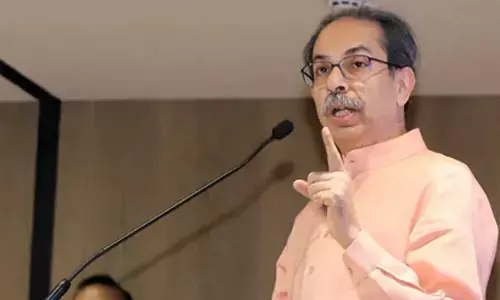A pertinent message for our times
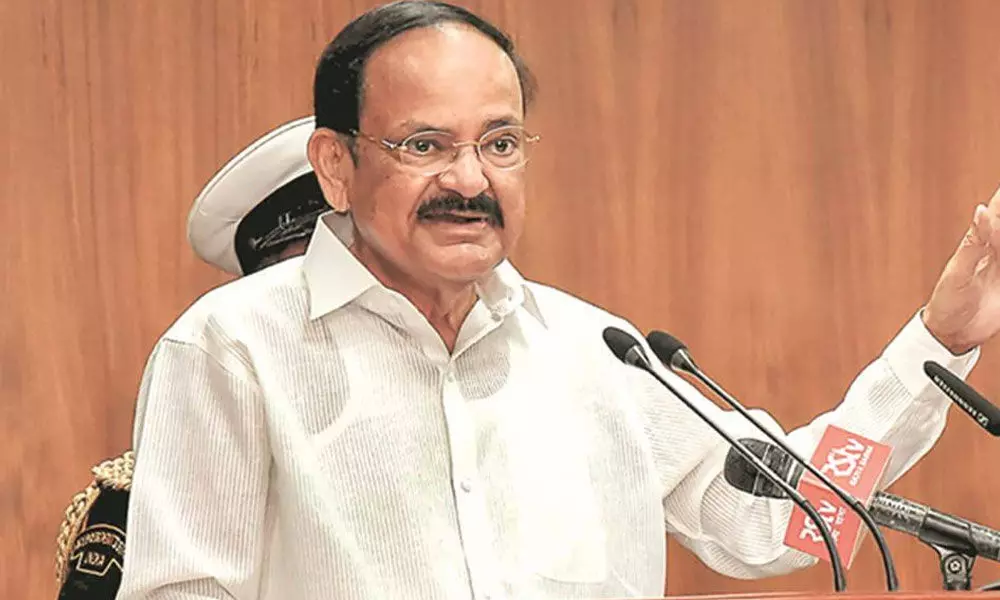
M Venkaiah Naidu
The 150th birth anniversary celebrations of Saint Chavara of Kerala could not have come at a better time
The 150th birth anniversary celebrations of Saint Chavara of Kerala could not have come at a better time. The life and message of Chavara Pithavu should not be lost on society. The Vice-President, M Venkaiah Naidu, who was addressing a gathering on the occasion, rightly called on people to inculcate the spirit of service in children.
Saint Chavara engaged himself as a spiritual, educational, social and cultural reformer of Kerala society in the 19th century. Thus, he contributed richly to the social reawakening of the people. It would be apt to recall the service of Chavara to the society, particularly during these troubled times when several identities are clashing with one another. Saint Chavara was of Catholic faith but started a Sanskrit School at Mannanam in 1846. Through this bold and unconventional move, he opened up access to Sanskrit to aspiring candidates of all castes, genders and religions. Thus, the Sanskrit School showcased an ideal pluralistic community whose members were brought together by a shared desire to learn.
Another path-breaking initiative was the concept of Pallikoodam which translated into the setting up of a school alongside every parish church. Such schools initiated in 1864 were open also to children from all communities. The students who received basic education at these schools were also given a mid-day meal. This practice had a great impact on educational efforts. He did not preach harmony but practised it. He always showed a deep concern for the wellbeing of all. Importantly, he taught us that peaceful human relationships are sacred and more important than anything else. Chavara established St. Joseph's Press in 1846 itself, breaking the European monopoly over printing. The printing machine which played a key role in dissemination of knowledge to the common masses conveyed a message to the people – to take pride in self-reliance and be vocal about local.
It was by all means Kerala's prototype initiative in terms of Swadeshi and Atmanirbhar Bharat. The formation of edukantat (boarding house) in 1868 was another milestone initiative for realising this purpose. Women increasingly came forward to join this programme which was to bring about a path-breaking social revolution in the years to come. They were taught Malayalam, Tamil, English and Latin. Also, they were trained in various skills like rosary-making, flower-making, sewing, knitting, cooking, music, Mathematics and needle work. Did he brag about his work? Did he merely adopt slogans? No. He merely worked for the uplift of everyone in the society. All other States should take a cue from Kerala in the fields of education, social justice and women's empowerment as outlined in the pioneering initiatives of Saint Chavara and Narayana Guru. Their path-breaking work proves that every State can be transformed into an engine of growth and progress and that this can be achieved through the social and educational empowerment of women and youth belonging to poorer sections of society. The benefits of development must percolate down to the last man in the most backward and impoverished segments of our socio-economic order as spelt out in the philosophy of Antyodaya articulated by the visionary thinker, activist and reformer, Pandit Deendayal Upadhyaya.










